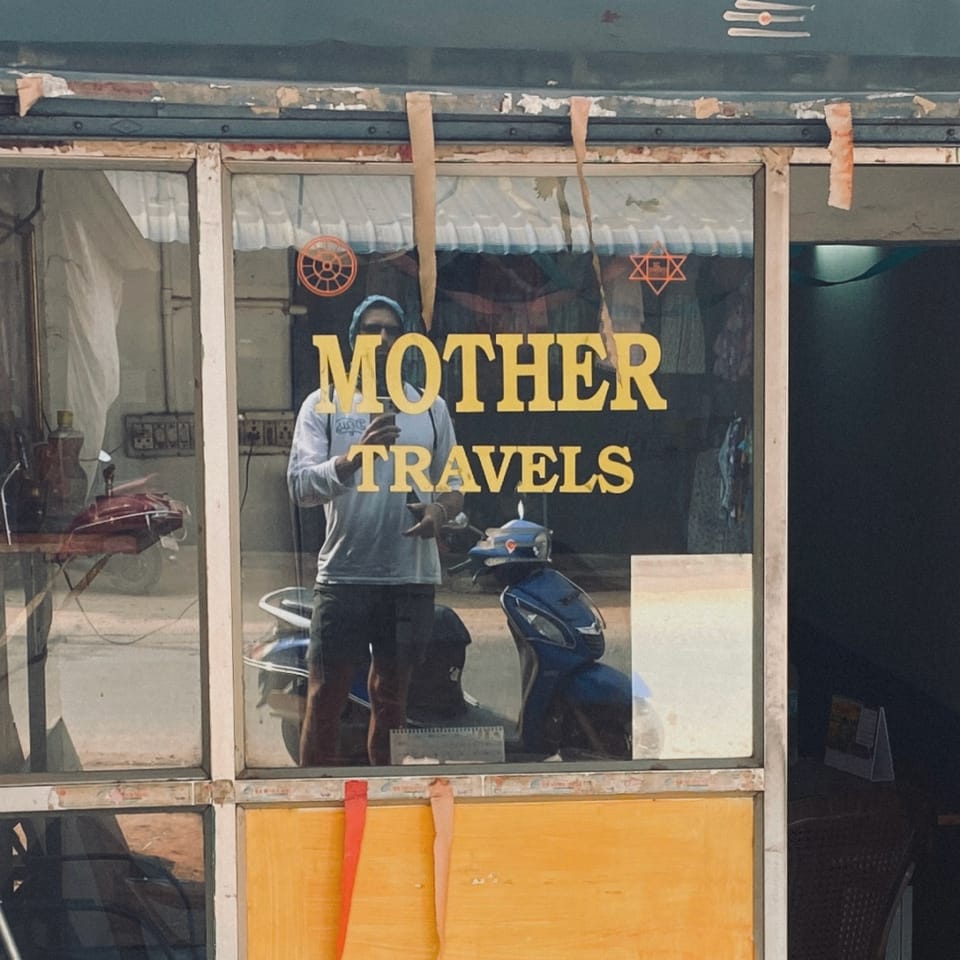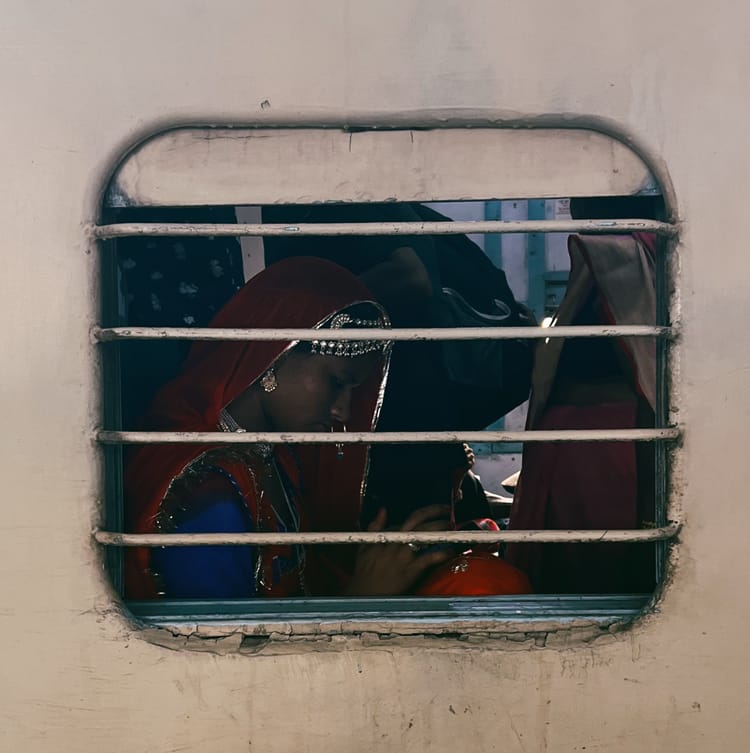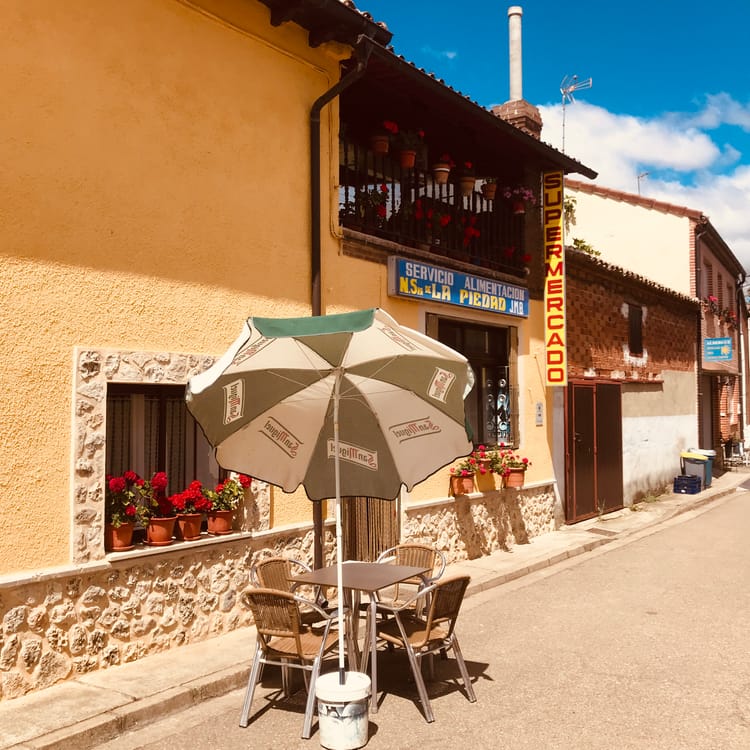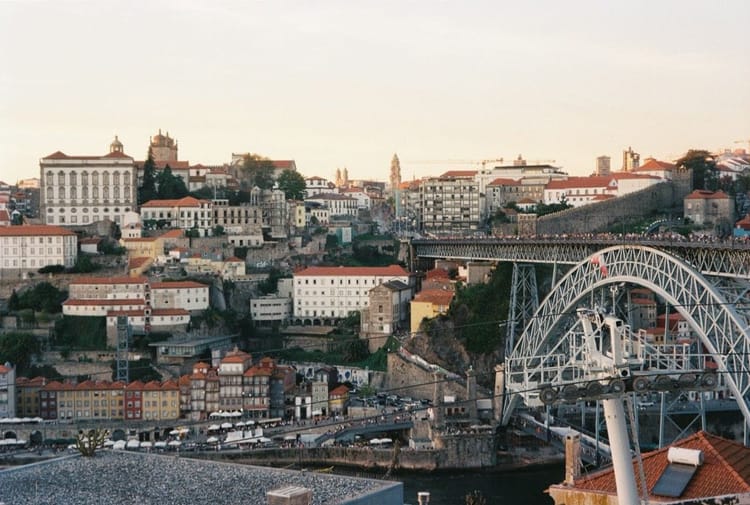Kingfishers and Keats

Joe was a pirate.
It felt like he'd stumbled straight out of a Dumas novel. Fully formed and stoned on some A-grade Hindu Kush.
His weathered face, wild blue eyes, exaggerated limp, and generally gruff disposition were bound purely by his wit, fearlessness, God's grace, and a Heroin addiction so strong it got him out of bed in the morning as often as it rocked him to sleep in his 10-dollar-a-night guest house.
We met on my second night in Kathmandu. I'd been wandering the streets aimlessly until I found something resembling a falafel wrap. Recognizing a fellow misfit, Joe had called to me across the street in his booming, incoherent Irish accent, the product of a lifetime as a boozehound slinking around the decrepit haunts of old Ireland.
Almost immediately, we fell into a discussion about Herman Hesse, my intrigue increasing with each bite as the dissonance between his appearance and his deep intelligence held a curious, hypnotic sway over me, something that only increased as we found our table at the only Irish bar in Thamel.
Turned out, Joe had grown up in Belfast, pretty chummy with some cats in the IRA, and safe to say it had bequeathed him with the sort of self-assuredness that only the insane or deeply religious ever truly possess.
He seemed to have read every book since old Guttenberg gave the polished mirrors a miss and took information back out of the hands of the religious elite. He had the rare quality of owning the vernacular of an oppressed people yet an eloquence to express his thoughts and intellectual discoveries with charm and taste.
We sat talking all night, the Guinness loosening our tongues as we seemed to follow endless tangents of thought wherever they went, Joe slapping the table with fierce, often unruly, political conviction as he espoused his perspectives.
By the early hours, I returned to my room with a great deal more insights and the peculiar realization that, in all probability, he was the most intelligent man I had ever encountered, provided you could keep the discourse away from Mother England or the New World Order. Neither of us owned a phone; we exchanged email addresses on the back of our receipt, indicating we'd rendezvous in India in a few months.
By the time we finally met again, I'd been swallowed by the Kalic Jaws of the Hindustani universe. I'd washed up somehow at the "sunflower," an infamous hostel in Pushkar where it was easier to score opium and mushrooms than hot water. I'd spent weeks there, allowing myself to be gently pulled by the afternoon smoking sessions with the orange-draped babas on the village rooftops surrounded by drying cow dung patties as we gazed out at the holy lake that had been supposedly formed by Brahma's teardrop.
My tab had piled up substantially, and the only thing holding me from making tracks had been an increasing interest in an Israeli who'd lounge around scantily clad, drawing fornicating cows. Safe to say, Joe's sudden email announcing his arrival was a cosmic jolt out of an intoxicating, sirenic dreamlike vortex.
He limped through the gates a day later. His arrival and the abrupt obtuseness of his greeting pulled everyone momentarily out of their stoned reveries. Whatever conception my fellow travelers had made of me by this point was now wholly obscured by the presence of this seemingly raving madman.
Immediately, we found the only table in the dirt garden and ordered two kingfishers. He scanned the surroundings cockeyed, laughing at the stark contrast between the Sunflower and his dismal digs a km away in downtown Pushkar.
We plunged into Lord Byron, Joyce, and Fitzgerald. He'd read them all and formed opinions I had never even come close to considering. He espoused his intensely radical thoughts on this new COVID "virus" that had begun spreading around the world. Like a medieval town crier, he insisted it would change everything, something I brushed off as lunacy and only later reflected was almost Nostrodamic in its accuracy.
As the Kingfishers enveloped us, he explained the entire history of the 20th century with such astute observation that I was struck by the awareness that, unbeknownst to the half-baked prejudices of those around me, I was in the company of a genius.
Someone you meet once or twice in your lifetime, if you're lucky.
The fact that this guy, who could recite Shakespeare and Keats on impulse, had worked his whole life at some miserable sign printing factory on the edge of Belfast and barely had enough dough to see his golden years out in India was a very profound moment for me as I sat, enthralled by a mind as mighty as any that have graced the pages of history.
It was a reminder that true beauty and wisdom are safe only in obscurity. That we cheapen the phenomena of life by seeking to name and define their contours.
He was a powerful reminder that we fetishize spirituality and insight when, in reality, the wisest often walk invisibly and unassumingly among us, as Joe did on those sweat-stained Rajasthani afternoons we picked each other's brains surrounded by smokey-eyed, braless Israelis in those chaotic, gipsy streets.





